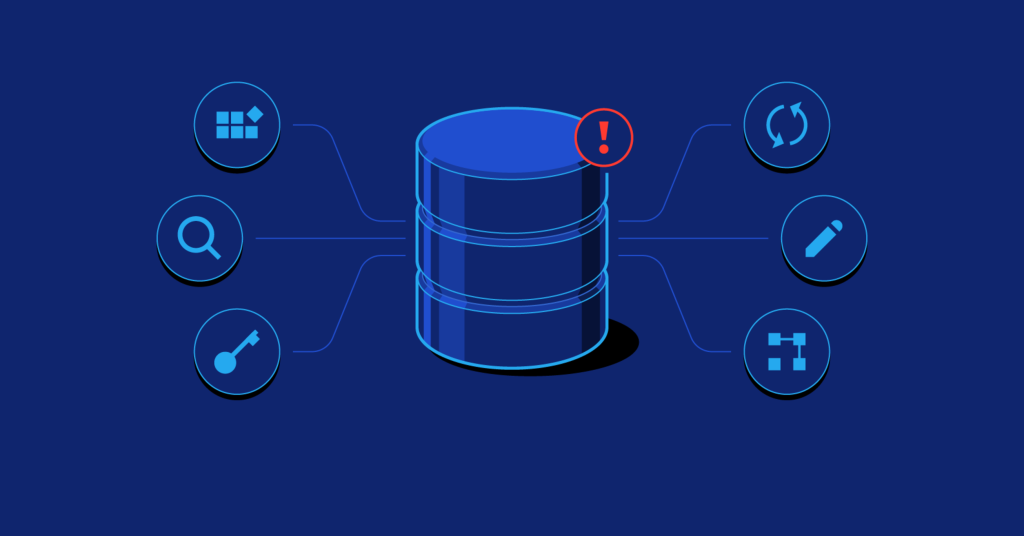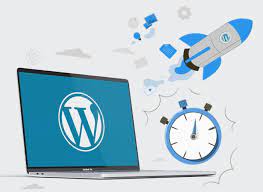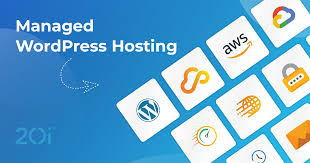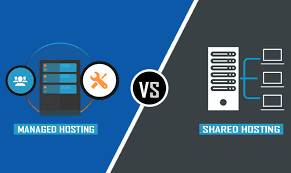In cutting-edge fast-paced digital global, website pace is critical to consumer revel in, search engine ratings, and universal web page performance. WordPress, being one of the most popular internet site systems, is based closely on server configurations, themes, plugins, and database optimizations for speed. While optimizing your WordPress website itself is important, deciding on the right website hosting company and well configuring your server is similarly essential for ensuring fast load times. Below are several strategies for optimizing WordPress web hosting to enhance overall performance and decorate the consumer.
Choose the Right Hosting Plan
Choosing the proper web hosting provider is one of the most vital steps in optimizing WordPress website hosting. There are numerous styles of hosting to be had, each with varying stages of overall performance.
Shared Hosting:
While value-effective, shared website hosting can motive slower speeds because your website stocks sources with others on the equal server. It’s perfect for small web sites or blogs with limited traffic. However, in case your web page starts developing, you don’t need to forget to upgrade.
VPS Hosting:
Virtual Private Server (VPS) website hosting affords greater assets committed in your internet site, enhancing velocity compared to shared hosting. It’s an exceptional preference for medium to big websites that require greater processing strength and versatility.
Dedicated Hosting:
With dedicated website hosting, you have a whole server devoted for your website online. This is the maximum powerful website hosting option, ensuring most effective overall performance for excessive-site visitors WordPress web sites. However, it’s greater expensive and generally used by huge companies or excessive-visitors websites.
Managed WordPress Hosting:
Managed WordPress website hosting offerings like WP Engine, Kinsta, or SiteGround offer optimized environments tailored mainly to WordPress. These services encompass capabilities like computerized backups, safety upgrades, caching, and quicker servers, that can appreciably reduce load times.
By evaluating your website online’s desires, you can choose the maximum suitable web hosting plan, balancing value and performance.
Use a Content Delivery Network (CDN)
A Content Delivery Network (CDN) is an effective way to optimize WordPress hosting. CDNs shop static property along with pix, films, JavaScript, and CSS files in more than one facts facilities throughout the globe. When a person visits your internet site, the CDN serves these files from the nearest location, reducing the physical distance and speeding up load instances.
Integrating a CDN with WordPress can notably reduce latency and beautify performance for customers irrespective of their geographical place. Popular CDN vendors consist of Cloudflare, StackPath, and KeyCDN.

Enable Caching
Caching is one of the most effective approaches to speed up WordPress web sites. When caching is enabled, your web server shops static copies of often asked sources (together with HTML, CSS, and JavaScript) in order that they do not need to be regenerated on every web page load.
There are several varieties of caching you can put in force:
Browser Caching:
By putting in cache-manipulate headers, you train browsers to store static files regionally, so customers don’t want to down load them whenever they go to your internet site.
Page Caching:
Page caching shops a static version of your website pages. This reduces the number of times your server has to generate a brand new page, notably speeding up load times.
Object Caching:
This technique caches database queries, supporting lessen the time required for retrieving records from the database.
Opcode Caching:
Opcode caching shops precompiled PHP code, reducing the want for repeated compilation on every request.
Popular caching plugins for WordPress include W3 Total Cache, WP Super Cache, and LiteSpeed Cache. These plugins provide a combination of page and item caching to hurry up load times.
Optimize Database Performance
WordPress web sites depend upon databases to keep content material, settings, and person facts. As your web site grows, the database can become bloated with pointless data like revisions, drafts, unsolicited mail remarks, and expired transients, which could gradual down performance.

Optimizing your database is essential for quicker load times. Some techniques include:
Database Cleanup:
Regularly smooth up unnecessary database entries, inclusive of publish revisions, junk mail remarks, and unused tables. Plugins like WP-Optimize or WP-Sweep can automate the cleanup method.
Database Indexing:
Indexing your database can speed up queries. Ensure your database tables are well listed for efficient information retrieval.
Limit Post Revisions:
WordPress shops multiple revisions of each put up. This can gather over the years, main to database bloat. You can restrict publish revisions by means of adding the following line to your wp-config.Php record:
Optimize Database Queries:
Use efficient queries and avoid useless database calls in custom issues or plugins.
Use Lightweight Themes and Plugins
Themes and plugins drastically impact your internet site’s overall performance. Bloated issues with excessive CSS, JavaScript, or outside resources can slow download instances. Similarly, poorly coded plugins can introduce inefficiencies.
Choose Lightweight Themes:
Opt for lightweight, overall performance-optimized issues like GeneratePress, Astra, or Hello Elementor. These subject matters are designed to load fast with out needless capabilities.
Reduce Plugin Usage:
Each plugin introduced on your website can contribute to slower overall performance, specifically if the plugin is poorly optimized. Audit your plugins and deactivate or delete any which can be needless. Aim to use well-coded plugins which might be often up to date.
Avoid Plugin Conflicts:
Some plugins can also warfare with every other or motive excessive resource intake. Test your plugins frequently and update any that motive enormous slowdowns.
Leverage Gzip Compression
Gzip compression is a technique of decreasing the size of documents despatched from the server to the browser. By permitting Gzip compression, you could reduce the quantity of records transferred, enhancing page load speed.
You can enable Gzip compression for your WordPress internet site by means of editing your .Htaccess document or the use of a plugin like WP Rocket. Once enabled, Gzip will compress textual content-based files like HTML, CSS, and JavaScript, lowering their length by using as much as 70%.
Use HTTP/2 Protocol
HTTP/2 is a first-rate upgrade to the HTTP/1.1 protocol, designed to lessen latency and enhance loading times. It allows multiplexing, which means a couple of requests may be dealt with concurrently over a single connection, which reduces the quantity of spherical-journeys required to load a web page.
Ensure your hosting server supports HTTP/2, and consider permitting it for quicker page masses. Most present day browsers and servers help HTTP/2, so it’s well worth taking benefit of this protocol.
Minimize HTTP Requests
Every detail of your website (pics, stylesheets, JavaScript files, and many others.) requires an HTTP request. Reducing the quantity of HTTP requests can enhance web page load instances.
Combine Files:
Combine CSS and JavaScript files wherein viable to reduce the quantity of requests.
Inline Critical CSS:
For above-the-fold content, inline critical CSS directly in the HTML to cast off the want for separate report requests.
Lazy Load Images:
Implement lazy loading to only load snap shots while they may be within the viewport. This reduces the wide variety of initial HTTP requests.
Monitor Performance Regularly
Performance optimization is an ongoing manner. Regularly take a look at your website’s pace the usage of equipment like Google PageSpeed Insights, GTmetrix, or Pingdom to perceive regions that need development.
By continuously tracking your site’s performance, you may live in advance of ability troubles and ensure that your WordPress website hosting stays optimized for instant load times.
Conclusion
Optimizing WordPress website hosting for quicker load instances involves deciding on the right website hosting plan, enforcing caching, the use of a CDN, optimizing the database, selecting lightweight issues and plugins, and leveraging compression technology. By following these steps, you could make sure that your website masses fast, presenting a higher revel in for customers and enhancing your internet site’s general performance. Regular tracking and updates are key to keeping speedy load instances as your web page grows.



